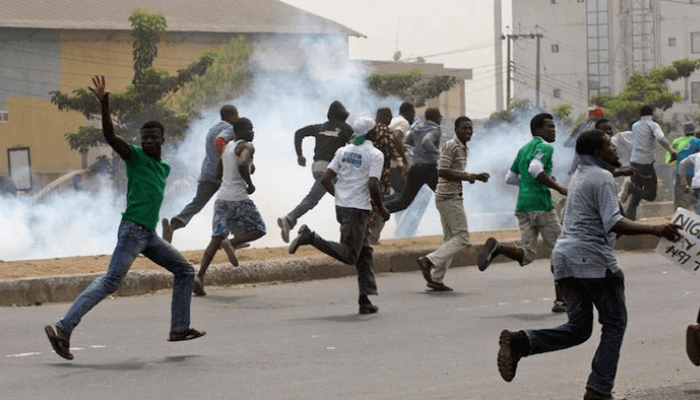Eagle Badger Data Analytics Limited (EBDA) has reaffirmed the accuracy of its second quarter (Q2) 2025 Stability Index following recent developments in Mali and Nigeria, which align closely with the early warning signals highlighted in the company’s latest report.
The Eagle Badger Stability Index (EBSI), released in July 2025, had placed Mali, Nigeria, and Burkina Faso in the red zone, indicating heightened instability risks driven by insecurity, political volatility, and economic fragility. In the weeks since, events in these countries have underscored the predictive power of the tool.
In Mali, the escalation of jihadist activity and the ongoing fuel blockade reflect the Index’s early warnings on internal displacement and governance collapse as indicators of deep systemic instability.
In Nigeria, the recent reports of an alleged coup attempt and rising diplomatic tension with the United States mirror the Index’s assessment of lingering political fragility despite modest improvements in terrorism reduction and economic recovery.
Burkina Faso continues to face significant security and economic shocks, consistent with its sustained low ranking.
“These events are unfortunate but not surprising,” said Sharon Orisakwe, chief executive officer of Eagle Badger Data Analytics.
“Our data models flagged these countries as highly vulnerable to political and social
shocks. The developments in recent weeks confirm that the EBSI is not just a retrospective measure — it is a forward-looking risk detection tool for the region.”
A data-driven early warning system
The Eagle Badger Stability Index combines over 15 indicators, from internal displacement and terrorism data to corruption perception and democratic continuity, to assess and forecast the stability of ECOWAS countries.
The Q2 2025 report identified a 91 percent probability correlation between sharp increases in internally displaced persons (IDPs) and subsequent episodes of instability within three to six months, a pattern now visibly unfolding in Mali’s humanitarian crisis and Nigeria’s rising political anxiety.
Call to action for red-zone countries
Eagle Badger is calling on Mali, Nigeria, Burkina Faso, and other red-zone states to take decisive steps in addressing the root causes of instability, from governance reforms and inclusive dialogue to economic diversification and social resilience.
“The data gives these governments an opportunity to act before the situation deepens,” Orisakwe emphasised.
“Ignoring the signals only magnifies the eventual cost of crisis.”
Learning from the green zone
The EBSI identifies Cape Verde, Benin, Togo, Senegal, and Ghana as the region’s five most stable countries, each demonstrating consistent governance, moderate inflation, low terrorism rates, and environmental preparedness.
EBDA encourages other ECOWAS members to emulate these models of resilience, focusing on democratic continuity, institutional integrity, and strong economic fundamentals.
“These nations show that stability is achievable through discipline, transparency, and regional cooperation,” Orisakwe added.
“Their progress offers a blueprint for sustainable governance across West Africa.”

